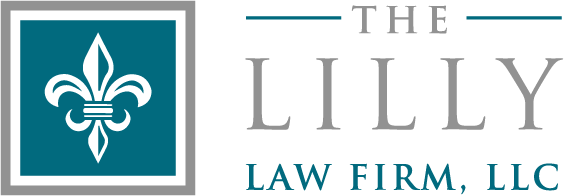A person cannot challenge a will's probate simply because they believe that the will is legally invalid. In order to challenge the will, prior to presenting any argument regarding the will at all, a person must show that he or she has standing - a legal right - to challenge the will.
"Estate Folders"
An estate folder is a folder that you can (and should) create to help your loved ones after your death. It's essentially a folder outlining your assets, debts, and bills, enabling your survivors to handle your estate much more quickly and easily. Specifically, this is to help them terminate all accounts in your name, pay any outstanding debts you have, and collect all of your assets so that your estate can be handled properly. Additionally, it's a useful tool to take stock of your circumstances in terms of budgeting and planning for the future.
I already have a will. Do I need a new one?
While attorneys do our best to draft wills that are durable, and will reflect your wishes in a variety of scenarios (related to who may or may not survive you, who will serve as executor, etc.), your will may need to be updated when 1) your wishes change, 2) your situation changes, or 3) the law changes.
Do I need an estate plan?
In short - yes. Some people think an estate plan means an intricate series of intricate trusts and closely held corporations used for tax avoidance. While that can be part of an estate plan, that's not what most people need - if you and your spouse's total assets are worth less than $10.9 (2016) million, you won't need anything like that to avoid paying estate taxes.
For most people, an estate plan consists of 3 documents - a will, a financial power of attorney, and an advance directive.

